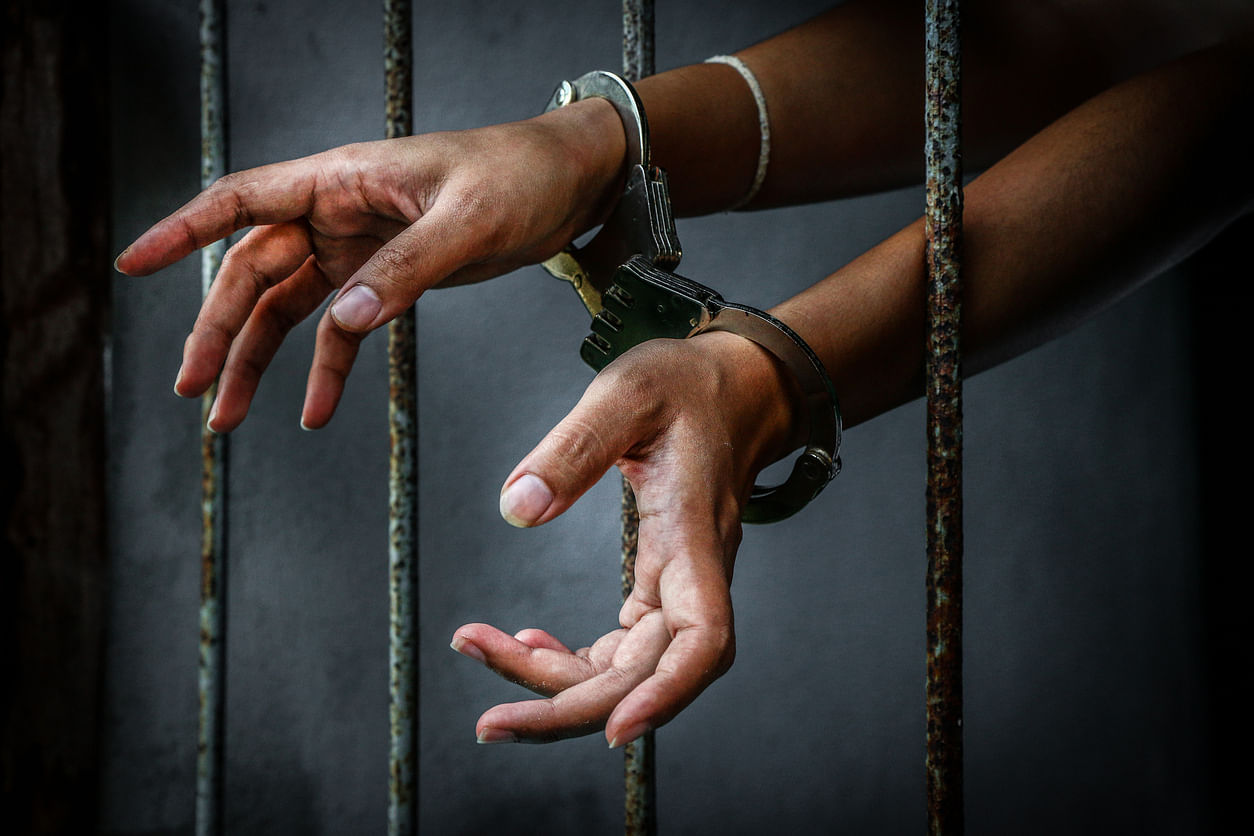
After 12 years of incarceration in Ahmedabad serial bomb blast case, an accused in his 30s, who has turned a witness for the prosecution, was released from jail here in Ahmedabad four days after Gujarat High Court granted him bail.
He was one of the first to have been arrested in the terror case that rocked the city with 21 serial bomb blasts that killed 56 persons and left over 200 injured on July 27, 2008. He is also the first to get regular bail in this case. Another accused, Naved N Kadri, is on temporary bail on the ground that he is suffering from schizophrenia.
Officials of Detection of Crime Branch (DCB), Ahmedabad, which investigated the case and arrested the 80 accused over the years in this case, said that the man (identity withheld due to court's order), who has turned an approver, was granted bail by the High Court on June 17 and was released from Sabarmati Central Jail on Saturday evening.
"The applicant is in jail since 2008. Further, it is reported that the matter has reached the stage where further statements of the accused are being recorded and the statements of a majority of the accused have already been recorded. Since the status of the applicant is changed to approver and he has become the witness of the state, the court is inclined to use judicial discretion to enlarge the applicant on regular bail," justice R P Dholaria has said in his order while granting bail on June 17.
According to DCB officials, this accused-turned-approver was arrested in August, 2008 for his alleged role in buying bicycles which were used for in planting bombs at various places. They said that he had also allegedly planted a bomb in Bapunagar locality.
In March 2019, the accused wrote an application seeking pardon while confessing to his crime. The special trial court accepted his confession and his plea to be turned into an approver after prosecution's acceptance. The court approved his plea and directed to keep his identity secret in view of his "security concerns."
Two of the co-accused Jahid Shaikh and Kayamuddin Kapadia challenged this in High Court alleging that "his confessional statement i.e. tender for pardon at the very last stage of recording of evidence i.e. after recording of more than 1130 witnesses and after disclosing of all prosecution evidence, in accordance with charge-sheet papers" should not have been accepted by the court.
They argued that after ten years of recording of evidence in the trial court "the accused had submitted his confessional statement praying to tender the pardon, the contents of the confessional statements, the role and conduct of the investigating agency and prosecuting agency indicate their collusion and malafide act at a very later stage of recording of evidence." The high court rejected the petition and confirmed the trial court's order accepting the accused as an approver.